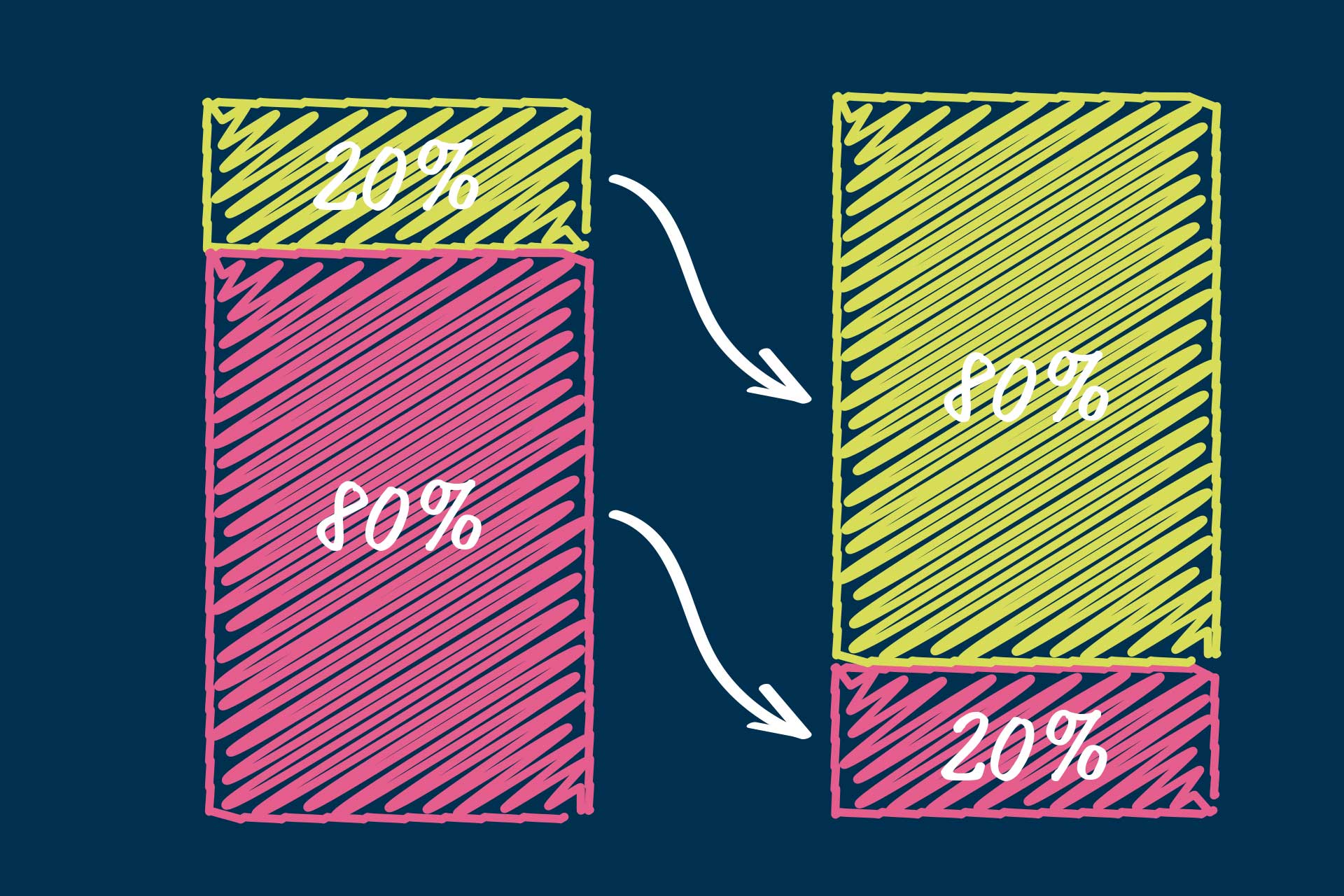Modern market development has undergone a major transformation in recent decades: emotional factors have become critical in strategic planning and consumer decision-making. Simultaneously, the depth, quality, and emotional resonance of the relationship between brands and consumers turned into decisive factors in shaping a brand’s market presence and success. An emotion-based market development strategy enhances consumer loyalty and engagement and fosters lasting community experiences and valuable relationships at an experiential level.
It is becoming increasingly clear that emotional reactions – often more than rational considerations – drive consumer choices and brand loyalty. This emotional orientation extends beyond traditional marketing tools; brands can forge a genuine, authentic connection with their audience by integrating consumer experience, visual stimuli, and perceptual elements. Modern market development is thus entering a new dimension, where recognising emotions and deeply understanding consumer psychology are essential for fostering long-term success and loyalty.
Emotions and decision-making
Emotion-based market development acknowledges that customers often make decisions based on personal, subjective experiences. Our experience shows that consumer decision-making is frequently driven by emotional impulses and cognitive biases. Emotional and psychological factors, like confirmation bias, significantly influence how consumers form relationships with a brand. When consumers seek information that reinforces their beliefs, they tend to prefer content that aligns with their existing positive emotions. This is why the first impression plays a crucial role, as its strategic creation can shape the long-term quality of the brand relationship.
In market development, consciously shaping emotional impulses can be achieved through visual and narrative tools that reinforce positive emotional responses and foster loyalty. For example, the colour schemes of the accommodation units in Pannon Group’s tourism business have been thoughtfully designed to foster emotional connections. Turquoise, representing freshness and energy, and blue, symbolising stability, are chosen to enhance visitors’ sense of comfort and loyalty.
The psychological impact of visual stimuli and colour in market development
Colour plays a crucial role in marketing psychology strategies. The corporate colours of Pannon Group’s hotels – fresh turquoise, vibrant magenta, gold, and light blue – are not merely aesthetic choices, but deliberate psychological tools. The light blue of Thermal Camping Zalakaros evokes healing and tranquillity, while the golden hue of Platán Hotel Zamárdi suggests cosiness and the warmth of family. The fresh turquoise of Aranypart Camping & Apartments and the lively magenta of Mirabella Camping emphasise liveliness and energy, creating a sense of freshness and dynamism.
Beyond visual elements, the right typography and branding components are crucial in enhancing brand loyalty. Emotional marketing transforms consumers from mere visitors into members of an emotionally engaged community, making their relationship with the brand an integral part of their experience.
Experiential communication:
emotions, benefits, and desired outcomes
Our communication is rooted in experiential storytelling: we don’t just promote our accommodation, but also the experiences and lifestyles we offer. We aim to deliver the results visitors seek – such as relaxation, recharging, and recreation – and to create a connection between these experiences and our brand.

This emotion-driven approach strengthens brand loyalty, as consumers perceive the brand not just as a service, but as a lifestyle that Pannon Group offers. This type of emotion-based communication is more likely to foster long-term bonds, as people tend to return to experiences that leave them with positive feelings.
An experience of a lifetime:
a results-driven strategy on social media
Our tourism business’s social media presence follows a deliberate strategy that strongly focuses on results-driven communication. We don’t just provide accommodation; we offer life-enhancing experiences that contribute to our guests’ mental and physical well-being. With over 40,000 followers, we’re building our community on Facebook and Instagram, and we’ll soon update our YouTube channel to offer even more inspiration to our audience.
In response to rapidly changing social media trends, we apply the Pareto principle, concentrating on the 20% of strategic activities that generate 80% of the most valuable relationships. Our focus isn’t on chasing the latest platforms, like TikTok, but on those that truly offer opportunities to build deeper connections and strengthen loyalty. Our results-driven communication – promising to be life-affirming, empowering, and genuinely transformative – creates a more profound and lasting connection with our audiences. In this way, we don’t just gain a following; we build a dedicated community that returns time and again to share in the experience.

Emotional market development:
the key to long-term loyalty
Emotional market development builds long-term brand loyalty. Emotional attachment and the resulting loyalty stem from a deeper psychological mechanism: consumers don’t just choose a product or service; they seek the feelings that the brand evokes. Emotional market development is, therefore, not just a marketing strategy, but a powerful tool for building long-term relationships.

For Pannon Group’s tourism business, the result of emotional market development is the return of visitors (leads) and their loyalty to our accommodation. But it’s not just our visitors in the virtual world – our guests return time and again to experience and feel the emotions and sensations the brand evokes. The long-term benefit of emotional market development is that it creates a lasting and genuine bond between the brand and the consumer.
The effectiveness of emotion-based market development
Pannon Group’s accommodation facilities boast unique environmental features and excellent locations. With over 500 covered accommodation units, 450 caravan pitches, and nearly 700 camping places, they offer around 200,000 overnight stays annually. Aranypart Camping & Apartments, for example, accounts for 8% of Siófok’s overnight stays, while Mirabella Camping in Zamárdi accounts for more than 23% of the town’s guest traffic. These results demonstrate that Pannon Group’s hotels are leading tourism players in the region, successfully strengthening visitor loyalty through emotion-based strategies.

Professional experience demonstrates that market development strategies based on consumer sentiment can result in 30-50% higher conversion rates, offering a clear competitive advantage.
By following this principle, Pannon Group’s hotels achieved a conversion rate of 5.47% in 2024, well above the industry average of 1.5%, demonstrating the effectiveness of our emotion-based approach.
Emotional marketing has the potential to create a deeper connection with consumers, positively influencing their decisions.
“Sense and Sensibility”:
the key to success in the market of tomorrow
The future of market development will undoubtedly depend on the psychological impact of emotions and the mediation of experiences. Emotional market development allows brands to move beyond simple service delivery, fostering deep and lasting emotional connections with their consumers. However, this can only be achieved if the communication is authentic and the brand delivers a genuine experience that meets customer expectations. Authenticity is the foundation of any relationship, as consumers can sense when a brand is genuinely connected to them.
The example of Pannon Group demonstrates that building a market based on emotions is not just a trend, but a new way to strengthen brand loyalty – focusing on the feelings and experiences a brand conveys to its consumers.